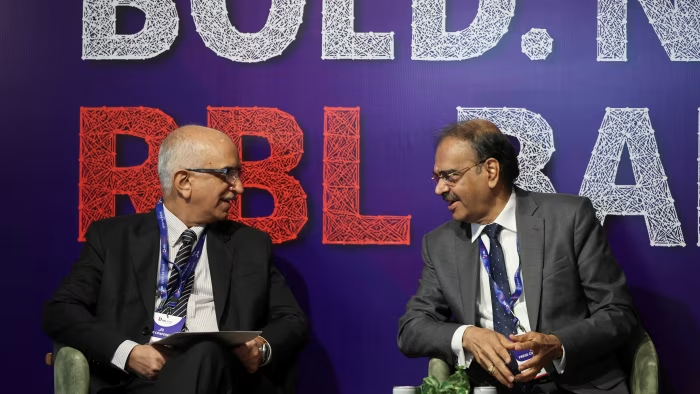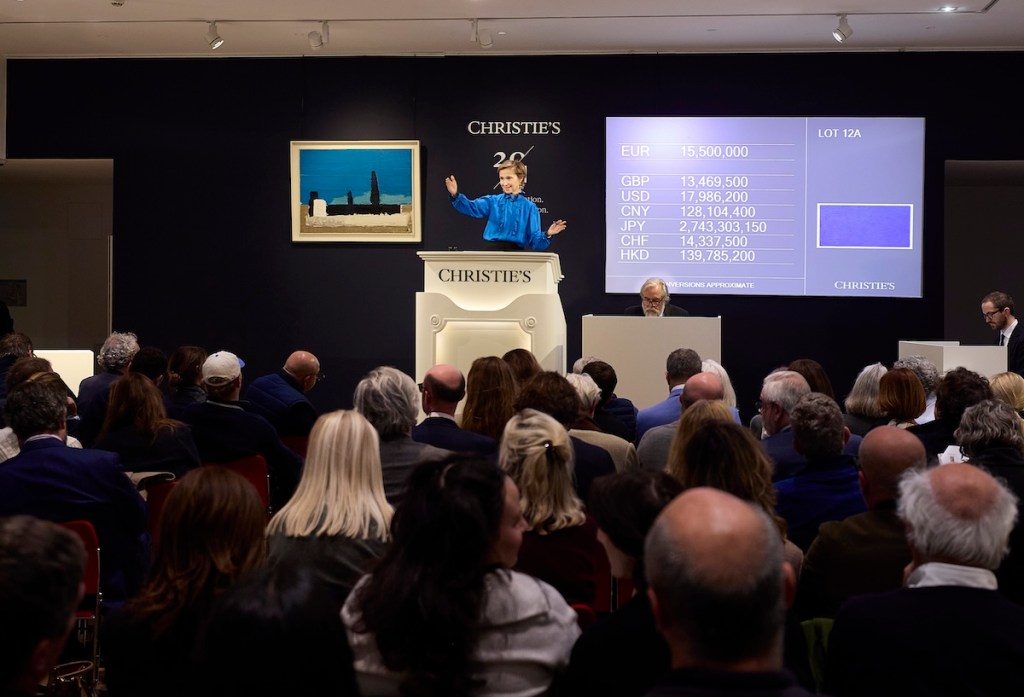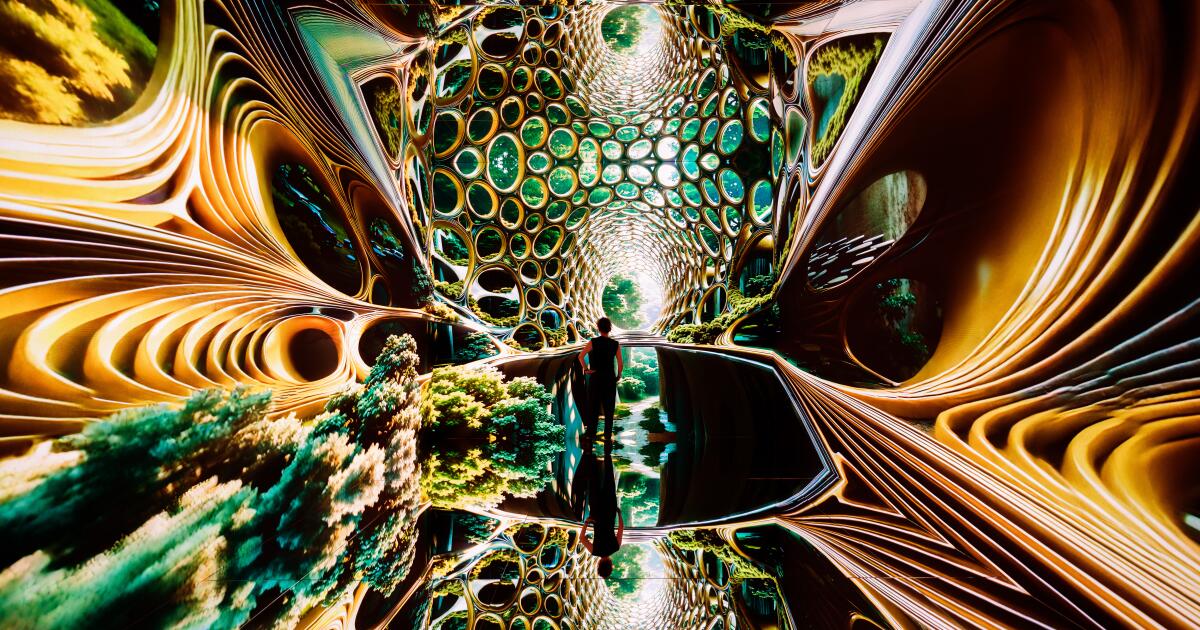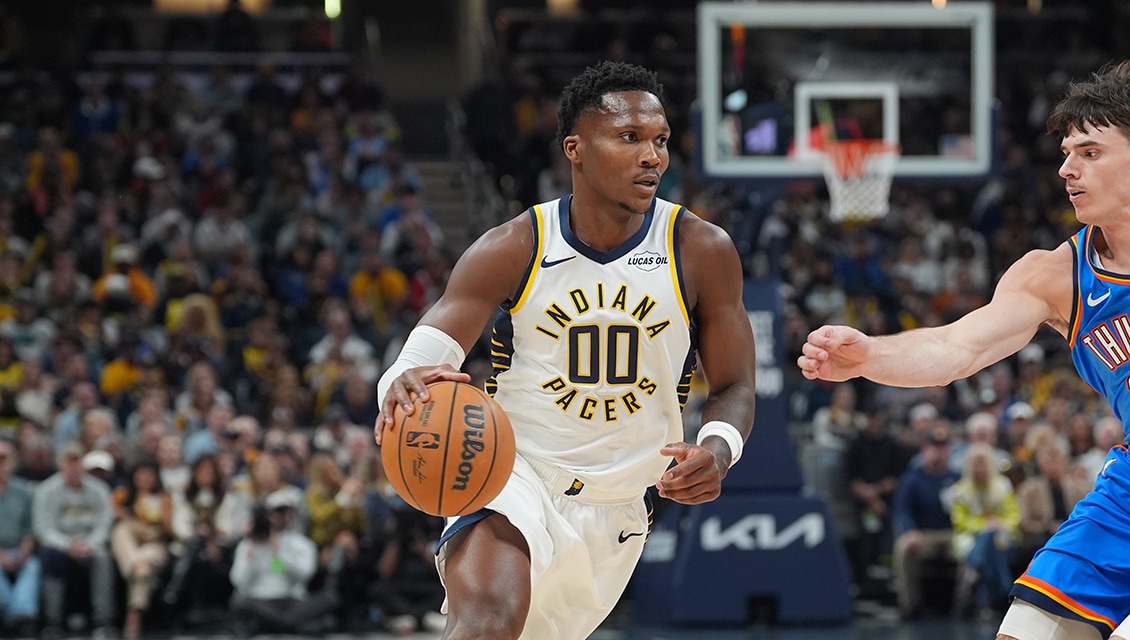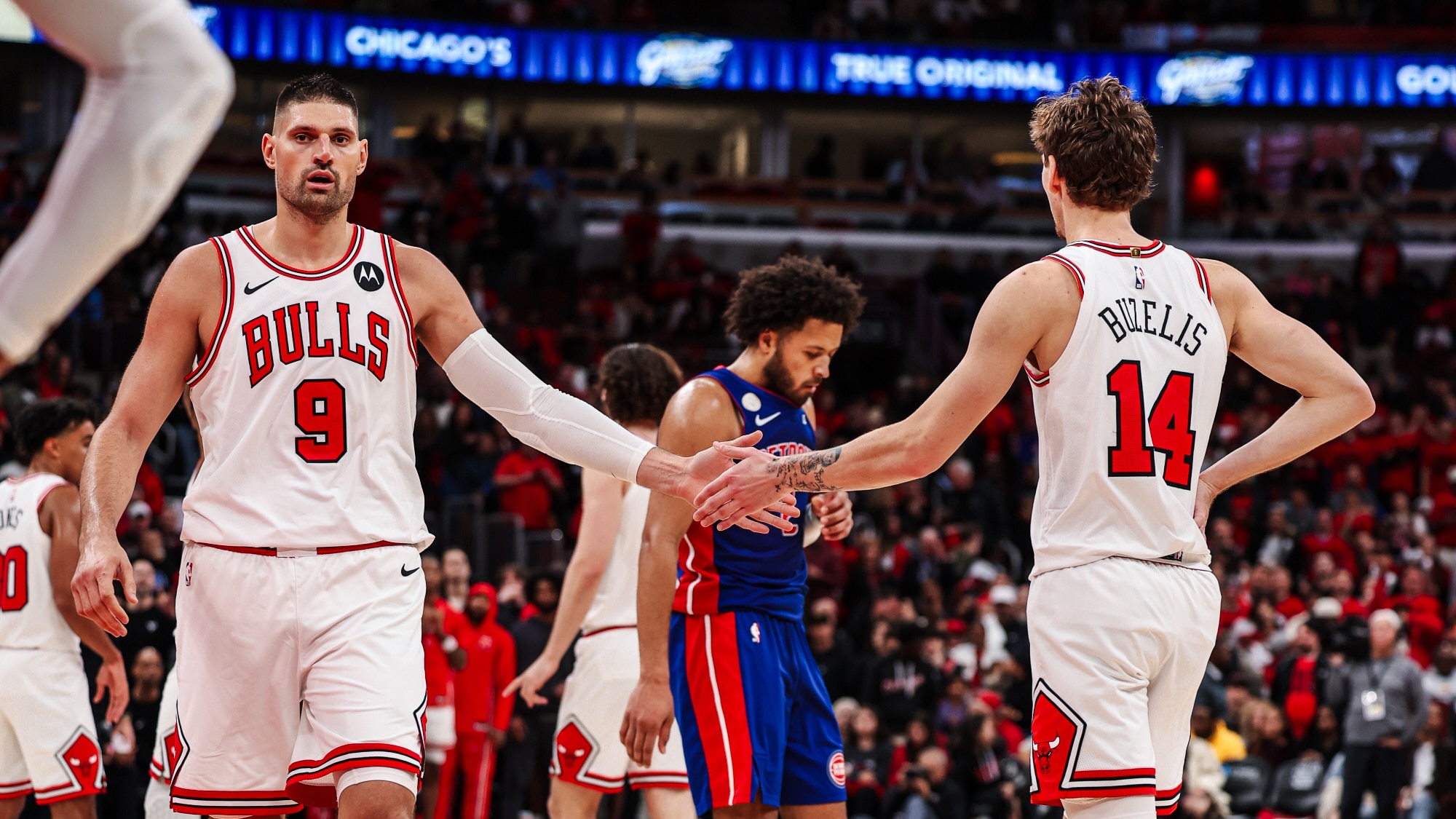This article is an on-site version of the India Business Briefing newsletter. To receive it in your inbox regularly, sign up if you’re a premium subscriber, or upgrade your subscription here.
Good morning. The prime minister’s office has confirmed that Narendra Modi will not be travelling to Malaysia for the Asean summit, but will attend it virtually instead. This puts paid to expectations of a meeting with Donald Trump.
No matter what the domestic media’s speculations about an impending trade deal are, significant differences remain in the relationship. The readout of the Deepavali call between the two leaders is telling — Modi posted about standing united against terrorism, but Trump said they talked about the “world of trade” and cutting imports of Russian oil. His pressure has started working: Reliance, one of the largest buyers, yesterday said it would “recalibrate” in line with government policy.
Will Trump’s pressure bring Russia to the table, and what will happen to oil prices in the meantime? We have an explainer.
Big deal
Emirates NBD is all set to buy a 60 per cent stake in RBL Bank for $3bn, in the largest cross-border acquisition in India’s financial sector. According to the details of the agreement announced over the weekend, Emirates NBD will acquire at least a 51 per cent stake through a preferential issue. The Reserve Bank of India looks likely to give the deal its blessing, considering the regulator had approved Emirates NBD’s application to set up a wholly owned subsidiary earlier this year.
The Dubai-based bank will also make an open offer for 26 per cent of the stake from RBL’s public shareholders, as mandated by market regulations, with the price per share set at Rs280. The stock is now trading at Rs318 after news of the takeover sent the share price surging earlier in the week. RBL, which is currently 13th in size in India in terms of market capitalisation, is hoping to get into the top five slots — not an easy task.
The more significant part of this announcement, though, is what the RBI is signalling. If approved, this would be the second instance this year of the central bank allowing majority foreign investment in an Indian bank, after Japan’s Sumitomo Mitsui Banking Corporation bought 20 per cent of Yes Bank in May. Previously, the RBI also allowed some investments by Singapore’s DBS and Canada’s Fairfax in Indian banks. Though India allows up to 74 per cent foreign investment in private banks, the shareholding of any single foreign investor is usually capped at 15 per cent.
The central bank seems to be more comfortable opening up the sector on a case-by-case basis, rather than a regulatory overhaul. This is both good and bad. Deals go through greater scrutiny because they are assessed on individual merit, and the risk of opening the sector to foreign investments is controlled. But this approach also fosters an environment of policy uncertainty, which might deter credible, big investors from entering India.
The entry of foreign capital will make the banking space more competitive, especially for the established large private banks. It also helps deepen the financial sector, brings in stricter governance norms, gives customers more choice and buoys the growing fintech sector in the country, as it builds on the banking network. What’s not to like?
Do you think the RBI should change its policy on foreign investment in banks? Hit reply or email me at indiabrief@ft.com
Recommended stories
-
Warnings about financial bubbles are coming from all sides, writes my colleague Katie Martin.
-
The tweeting turmoil that led to the exit of Sumaiya Balbale, Sequoia’s COO.
-
The US imposed sanctions on Russia’s Rosneft and Lukoil, after Moscow launched fresh strikes across Ukraine.
-
Intel shares jumped on improved revenue as turnaround shows progress, while Tesla’s profits dropped more than a quarter despite record car sales.
-
HTSI has some great packing tips. A copy of the FT is advisable, but optional.
-
My colleagues John Burn-Murdoch and Sarah O’Connor have started a newsletter exploring how AI is transforming the world of work. Sign up for The AI Shift.
China’s grouse
China has filed a complaint with the World Trade Organization over India’s production-linked incentive schemes for batteries and electric vehicles. Beijing’s contention is that New Delhi’s scheme to reward homegrown manufacturing violates several WTO obligations, including the principle of national treatment (which mandates that imported and local goods be treated equally), and works as a subsidy for import substitution. These are explicitly prohibited under the multilateral trade rules.
The timing and the intent of China’s grievance is a bit puzzling. On the ground there is no real threat from Indian manufacturing, despite some of the PLI schemes dating back to 2021. According to official data released last December, 115 applications were received under this scheme and 82 were approved. The first payout was due after March but it does not look like any money has been paid so far. In fact, the government is reportedly reviewing the schemes because there had been such little traction.
By most estimates, China accounts for nearly 70 per cent of all EV sales globally. India will take a very long time to catch up. Most Indian EV companies are dependent on China for technology, JSW Group chair Sajjan Jindal told my colleagues Krishn Kaushik and Chris Kay. “Even Europe is taking the technology from China,” he said, adding: “China has taken a huge leap versus the European auto companies, so we don’t have any option.” Batteries — a core component of EVs — are one of the biggest hurdles for domestic EV manufacturers. India mostly imports cells from China, Japan and South Korea, and domestic production is forecast to meet just 13 per cent of the country’s EV battery cell demand by 2030, according to S&P data.
The timing of China’s complaint seems to be driven by tariffs and minimum prices imposed on its EV industry by other countries such as Canada and EU states. With the thaw in political relations with New Delhi, Beijing is also hoping to export more electric vehicles and batteries to India. The WTO complaint, then, provides China a point of argument at a time the country is facing a significant blowback in global trade. China’s objection is not because it is threatened by India’s manufacturing prowess, but mostly because it gives it something to complain about.
Go figure
The growth in India’s core sector slowed down last month, according to government data. Fertilisers, and the four fuel-related sectors — crude oil, coal, natural gas and refinery products — were the worst affected.
8
industries in the core sector
Read, hear, watch
I am neck deep in Kiran Desai’s The Loneliness of Sonia and Sunny. Its setting is immediately recognisable for an FT reader in India — two young Delhiites navigating their way through college and work in the US. There are, of course, many forces that shape their lives and decisions — family, identity, race and culture. Desai is an astute observer, and her depiction of a cosmopolitan Indian at large in the world is both thrilling and sharp. This book is another tome, though. So mind your wrists, again.
Thank you for the suggestions of shows last week.
Buzzer round
Which dish originates in Nepal and Tibet, is made of flour, water and (usually) a meat filling, and comes in two shapes — half moon and full moon? Hint — they can be steamed or fried.
Send your answer to indiabrief@ft.com and check Tuesday’s newsletter to see if you were the first one to get it right.
Last Friday we asked: The global popularity of which product has sent Japanese farmers into a tizzy as they struggle to keep up with demand?
The answer is of course, matcha!
Anuj Balaji was first with the correct answer, followed by Suvodeep Rakshit, Aniruddha Dutta, Ram Teja, Prasanna Venkatesh and Anjaneya Das. Congratulations!
I am thrilled to see another week of great participation in Buzzer Round. I have talked about getting a leaderboard going, but apologies, have not been able to get around to it. Coming soon, I promise!
Thank you for reading. India Business Briefing is edited by Tee Zhuo. Please send feedback, suggestions (and gossip) to indiabrief@ft.com.
